The design may have been patented in the 1930s, but it’s taken until 2019 for the menstrual cup to go mainstream.
As awareness grows around the environmental impact of disposable products, sustainable period solutions, such as cups, washable pads and absorbent underwear, are gaining in popularity.
Internationally, menstrual cup brands Mooncup and Lunette have been change-making for years, and period underwear brand Thinx has been making waves of late.
Even Tampax has recently introduced a menstrual cup, a sure sign that reusables are going mainstream.
Locally, a number of socially minded, entrepreneurial New Zealand women are getting on board the movement to make menses more sustainable.
“We think it’s a no-brainer,” says Robyn McLean, co-founder of the New Zealand-made Hello Cup.
“You weigh up using one [menstrual] cup for five, six or seven years versus all the energy and waste that goes into making and disposing of single-use products.”
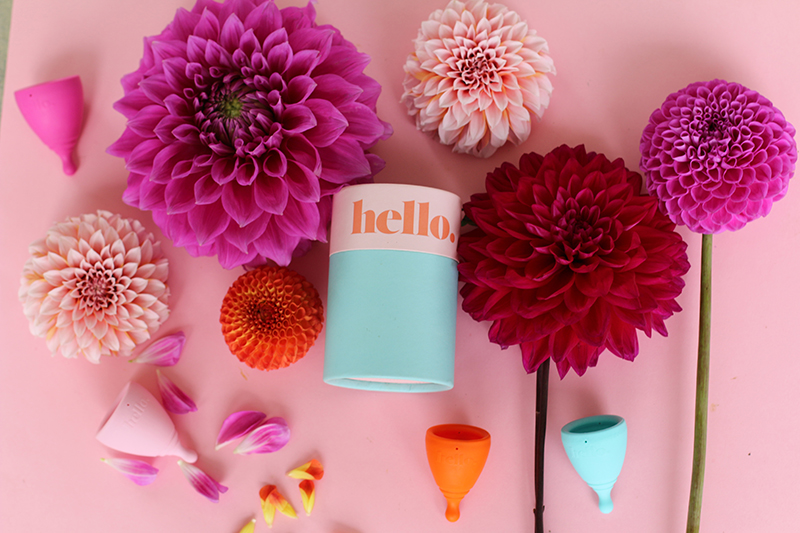
A menstrual cup is easily inserted into the vagina, where it collects blood for up to 12 hours, making it far more manageable to work, swim, study and exercise without needing to replace a tampon or pad.
When it comes time to change it, the cup is removed, emptied and washed before being reinserted.
The one-off cost of reusable products is more than paid off within a few months or a year, depending on your flow, and after that you’re saving money – a menstrual cup can be used for up to 10 years.
Not only that, but you’re cutting down on waste each time you have your period – billions of tampons and pads go into landfills globally each year, and non-organic items take up to 500 years to decompose.
Robyn, who launched Hello Cup in 2017 with best friend Mary Bond, has suffered “terrible” periods her whole life, but never had the confidence to try a menstrual cup.
“I felt they fell into quite an extreme environmental category,” she says, adding that the information on cups wasn’t that accessible or relatable.
When she finally bought one, she wondered why she hadn’t tried it sooner.
However, she didn’t love the specific design of the cup, and preferred the idea of one that was made in New Zealand.
The Hawke’s Bay resident called up Mary, who lives in Wellington, and suggested that this was the business idea they’d been looking for.
Their combined skills – Robyn is a journalist and Mary a registered nurse – have ensured that the brand’s medical-grade TPE (thermoplastic elastomer) cups, made in Hawke’s Bay in cute colours and three sizes, have been a hit.
Their relaxed way of discussing periods has gone down well, too (there’s a “vagina switcheroo” on the website, where you can change the word for any name you prefer and it will auto-populate throughout the site).
The pair are also developing a line of washable liners – their first release sold out in two hours so they are now looking for a manufacturer who can keep up with demand – and they plan to introduce thicker reusable pads in the future.
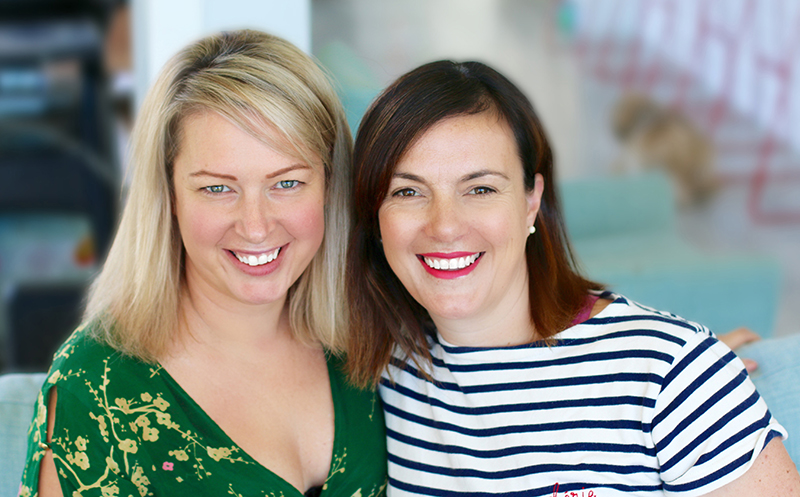
Journalist Robyn McLean (left) and registered nurse Mary Bond designed the Hello Cup, a “life-changing” menstrual cup which comes in three sizes.
Another pair of best friends working to combat waste and make menstruation more comfortable are Kylie Matthews and Michele Wilson.
The “wāhine on a mission” launched I am Eva, a range of period-proof underwear, via crowdfunding platform Kickstarter last year.
The Auckland duo already had proven business nous, with two companies between them (Michele makes kawakawa skincare at Frankie Apothecary and Kylie runs Kai Carrier, a range of reusable food pouches).
Amazingly, I am Eva underwear is not thickly padded, instead relying on high-tech fabrics to absorb blood and help the wearer remain dry.
“They look and feel like normal underwear, but the innovation is in the layers that sit in the gusset,” explains Michele.
These include a moisture-wicking organic cotton layer, an antimicrobial layer which disperses bacteria and odour, an absorbent bamboo layer, and a leak-resistant outer layer.
Michele and Kylie wanted to help combat period-shaming in schools and felt that leak-proof underwear was a better solution than cups, pads or tampons.
Both are mothers and believe that the underwear will be life-changing for teens and pre-teens when they get their periods.
“The idea of just wearing your underwear has been really phenomenal for [teenagers],” Michele says.
They also saw absorbent underwear as an ideal option for those who didn’t want to insert a tampon or cup.
“I’m Māori, and it’s a big thing for some Asian and Pacific cultures to not hold anything inside your body,” says Michele.
“Not so much for Māori, although that is a personal thing for me – I don’t want to hold my flow or foreign objects inside my body all day.”
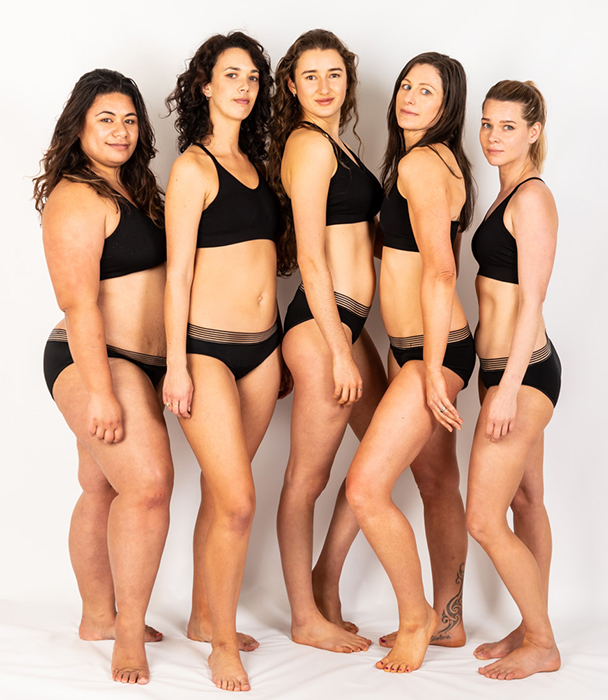
Kylie Matthews and Michele Wilson created I am Eva, a range of period-proof underwear.
Robyn and Mary of Hello Cup speak to school groups about menstrual cups and have also received overwhelmingly positive reactions.
“Girls these days, because they are more in tune with their bodies and aware of environmental issues, hate the idea of tampons and pads,” says Robyn.
“They embrace the idea of having something that is not single-use.”
Their XS/teen cup is designed for use from a first period.
“Very early on, being mums, we decided we wanted to do a small cup so girls could use Hello Cups when they first got their period.
‘For us the ultimate is getting the younger girls started, because if they start in their teens then they only need a handful of cups over their lifetime and save some serious amounts of waste going into landfill.
“Just one person making the change does make a genuine difference.”
The idea of not having to rustle in a backpack and hide a tampon up the sleeve before slipping out of class is also appealing – the average cup holds three times more than a regular tampon so many girls can go a whole day at school without emptying it, explains Robyn.
While a recent study has shown that cups may pose a greater risk than tampons of contracting the rare illness Toxic Shock Syndrome, this risk is still very low and can be minimised with proper care and sterilisation.
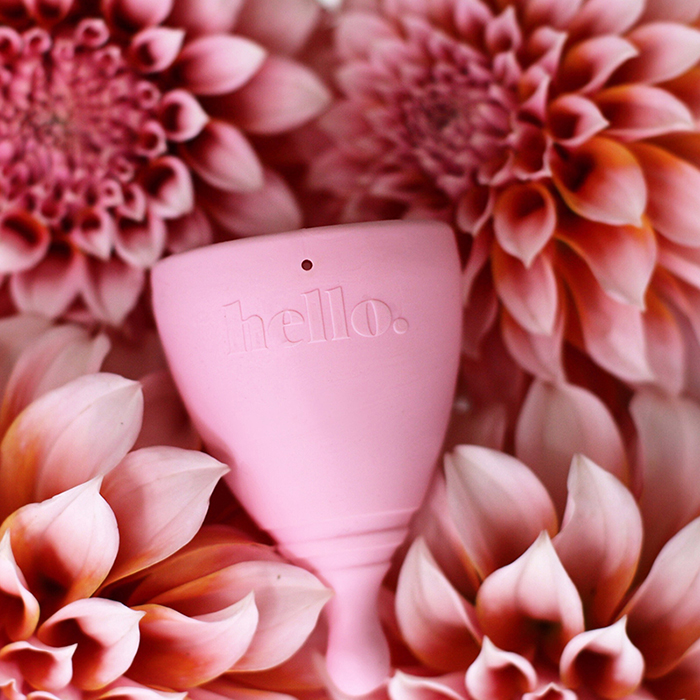
The Hello Cup is made in Hawke’s Bay and comes in a range of colours. “We found that colour was more appealing,” says co-founder Robyn McLean. “Just because no one else really sees it, doesn’t mean it can’t be cute. It’s the same as underwear; you feel good if you’ve got something you really like.”
Social change is important to both businesses.
I am Eva has a ‘buy one, donate one’ model (the inability to afford menstrual care products) to help eliminate period poverty, and Hello Cup has partnered with international non-profit women’s network 261 Fearless, with a percentage of profits from a limited-edition cup going towards the organisation.
A number of other companies are directly tackling the issue of period poverty.
Auckland mother-and-daughter duo Linda Arnold and Siobhanne Thompson started their social enterprise, Flow, early last year after realising “an increasing amount of women are going without adequate period management due to the ongoing expense of period products,” says Siobhanne.
Linda has a background in nursing and real estate and Siobhanne is a registered naturopath and medical herbalist, as well as a musician.
The pair sell leak-proof underwear, menstrual cups and reusable pads, and for every cup purchased they gift one to someone in need as part of their One Thousand Women campaign.
The free cups are accompanied by an educational workshop.
“It is important to us that women know how to use our menstrual cups safely.
“The workshops also help to create a dialogue around menstruation so women can feel comfortable talking about their periods.”
At Olie Body’s Wellington-based social enterprise, Wā Collective, every menstrual cup sold subsidises one for a student in need.
She launched the business after a trip to India, where she distributed reusable pads alongside a local nurse through the global organisation Days for Girls, which provides sustainable menstrual solutions to women around the world.
Returning to her tertiary studies in Aotearoa, Olie realised that period poverty was also an issue at home.
Her survey of 1000 students showed that one in three had skipped class due to not having access to menstrual products.
“I founded Wā Collective to combat period poverty and period waste, and change the way we think and talk about menstruation,” Olie says.
“It’s important that no matter what anyone’s budget is, they have access to a safe, high-quality product that is going to work for them.”
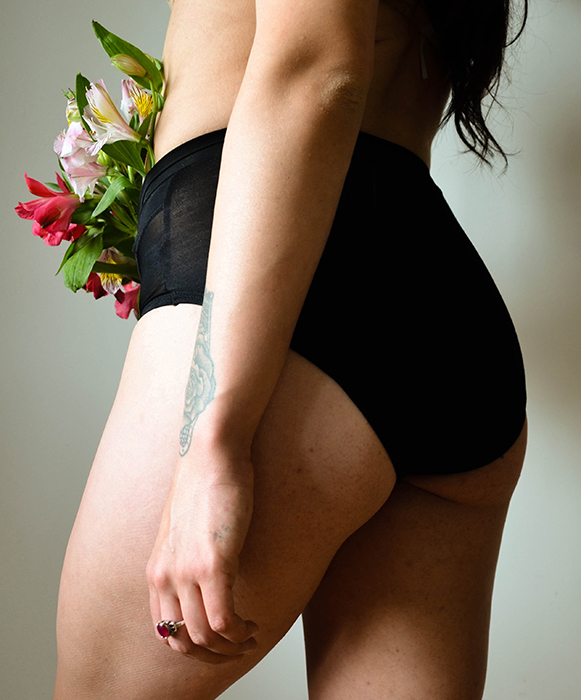
Period pants by Flow, a social enterprise run by Siobhanne Thompson and her mother Linda Arnold.
Fellow Wellingtonians Brittany and Johanna Cosgrove of Nope Sisters are working with Wā Collective to help those who can’t afford menstrual products.
Nope’s range of clothing features embroidered messages which promote awareness of social issues, with a percentage of sales going towards organisations that help those causes.
A percentage of the profits of their eye-catching ‘period.’ T-shirts and hoodies is donated to Wā, and the sisters have also collaborated with I am Eva and Dignity (an organisation which donates menstrual products to secondary school students).
“Providing sustainable options that are good for the environment and support menstruation without the ongoing cost of tampons and pads is very important to us,” they say.
As well as addressing menstrual product accessibility and period taboos, the sisters have worked to raise awareness and funds for sexual abuse victims, mental health issues, breast cancer and more.
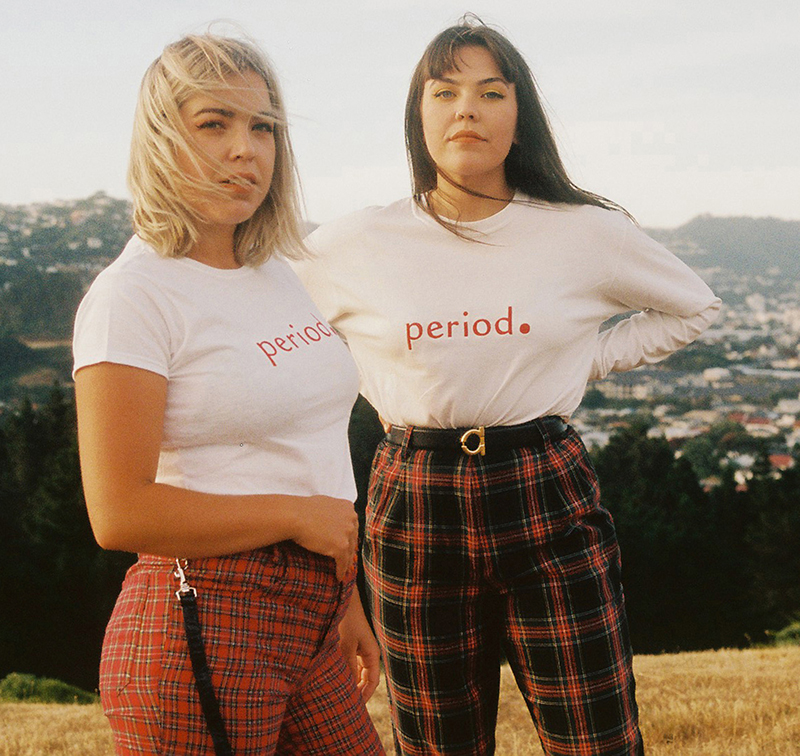
Brittany (left) and Johanna Cosgrove of Nope Sisters in their ‘period.’ T-shirts, which help to raise funds for period poverty, while breaking down period taboos.
The Period Place, a website and pop-up space, also aims to break down stigmas around periods while fighting period poverty and educating on environmental waste.
Danika Revell and Sarah Mikkelsen, the Auckland pair who run the social enterprise, held their first pop-up late last year, where they promoted ethical and reusable period products (such as menstrual cups, organic tampons and pads by Kiwi company Oi).
Their second event will be held in early May, with products available for purchase, and there are plans for an online store, too.
“Periods have the power to be more than just bleeding,” the duo say.
“They can reduce stigma when you have open conversations. They can combat climate change when you use organic or reusable products.
“They can contribute to reducing period poverty when you support a venture that gives back.”
The women promote their “safe space” as being for people of any background, race, gender or faith.
“People who identify as different genders bleed. People who don’t menstruate have friends, family and partners who experience it.
“It’s time it became something that everyone talks about freely.”
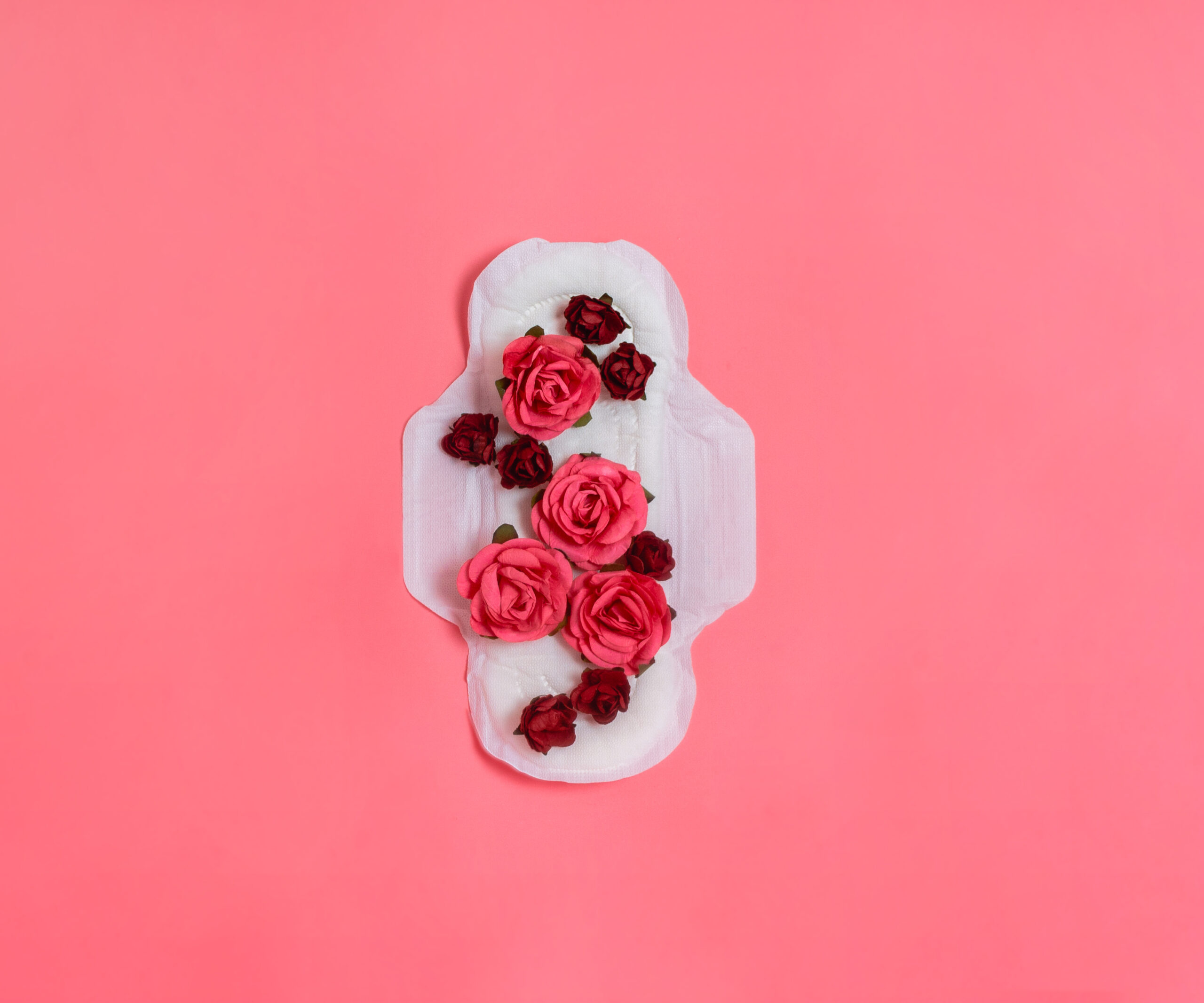
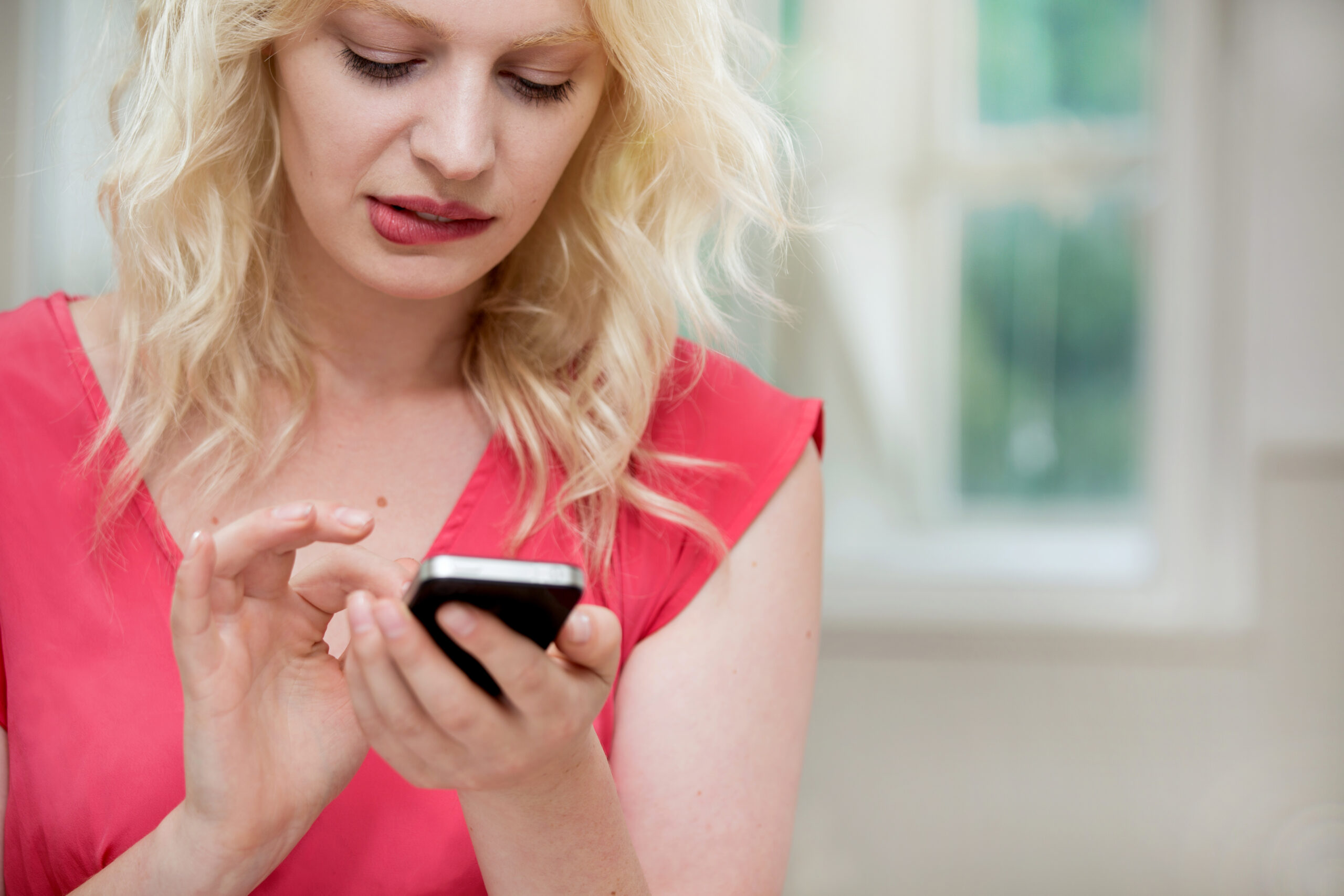
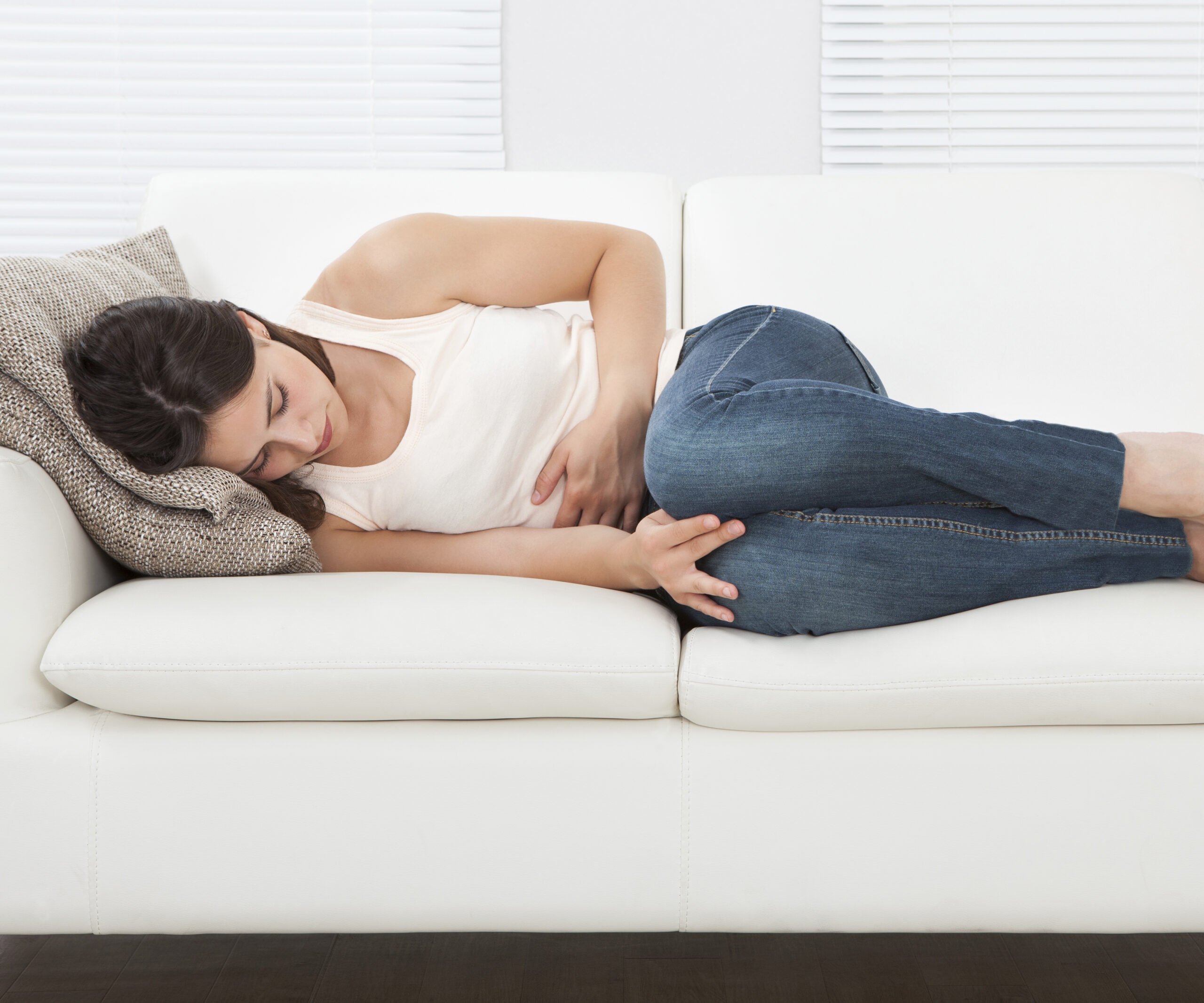
.jpg)